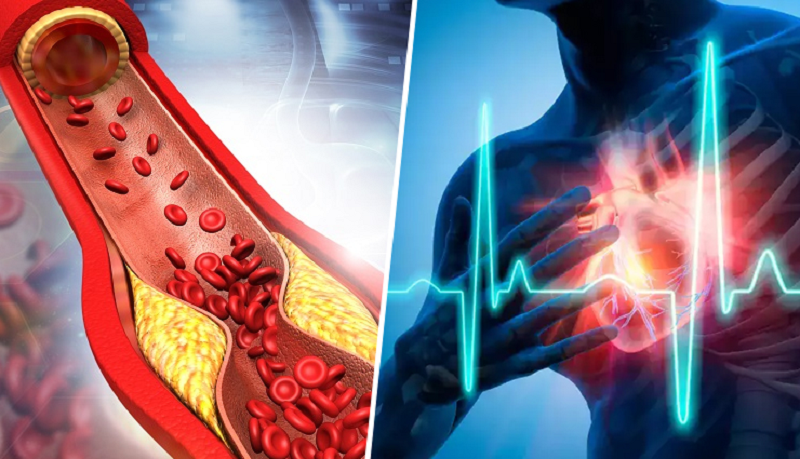Chia seeds have gained popularity in recent years for their many health benefits, including high fiber content, omega-3 fatty acids, and antioxidants. Also known as Salvia Hispanica, these seeds help in aiding weight loss, improving heart health as well as boosting bone health. However, like any other food, chia seeds can also have side effects, which people should be aware of before including them in their diet. It is important to be aware of these side effects and consume chia seeds in moderation.

If you experience any adverse reaction after consuming chia seeds, discontinue their use immediately and seek medical attention. In such a situation, today we have brought the side effects of eating chia seeds for you (Side Effects of Chia Seeds), so let's know...
Gastrointestinal problems
One of the most common side effects of chia seeds is gastrointestinal problems such as bloating, gas, and diarrhea. This is because chia seeds are high in fiber and if consumed in large quantities, they can cause gastrointestinal distress. To avoid these side effects, it is important to start with small amounts of chia seeds and gradually increase the amount over time.

Low blood pressure
Chia seeds are known to lower blood pressure due to their high omega-3 fatty acid content. While this is generally a positive effect, people who already have low blood pressure may experience a further drop in blood pressure when consuming chia seeds. Therefore, it is important to consult a healthcare professional before including these seeds in your diet, especially for those who have low blood pressure.
Allergic reaction
Chia seeds can also cause allergic reactions in some people. The common symptoms of an allergic reaction are hives, itching, swelling, and difficulty in breathing. In severe cases, the associated symptoms may include vomiting, diarrhea, difficulty in breathing, and swelling of the tongue.
Interference with drugs
Chia seeds may interfere with some medications, including blood thinners and drugs to lower blood sugar. The high fiber content in chia seeds may also slow down the absorption of some medications, thereby reducing their effectiveness. People who are under medication are advised to consult their physician or health care professional before including chia seeds in their diet.

Gaining weight
While chia seeds are often promoted as a weight loss food due to their high fiber content, consuming too much of it can lead to weight gain. This is because calories and fat are also high in chia seeds. To avoid this side effect, it is important to consume chia seeds in moderation and as part of a balanced diet.
(PC: Freepik)










